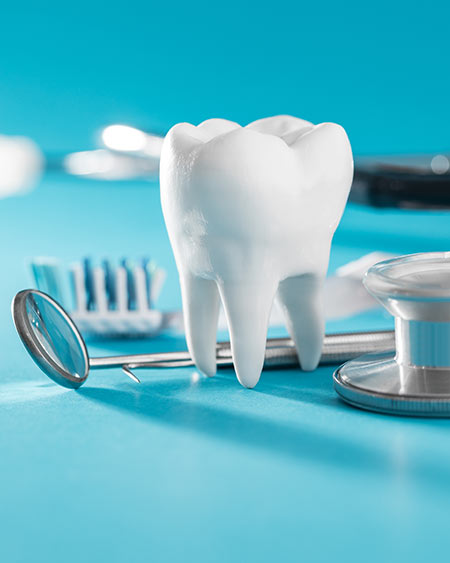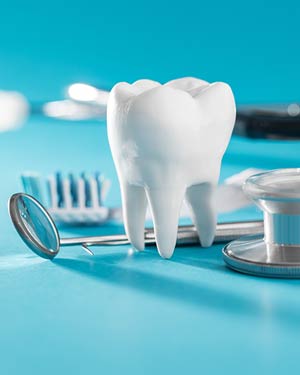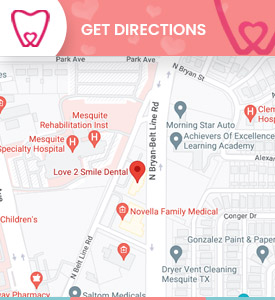Is Dental Crown Covered by Insurance?
At Love 2 Smile Dental Practice, Dr. Divya Nagaraj, DDS, is dedicated to providing the best dental care, including high-quality dental crowns. To make dental care accessible to everyone, we offer flexible financing options, ensuring you can get the treatment you need without worrying about upfront costs. As for insurance coverage, dental crowns are often covered if deemed medically necessary, such as when repairing a damaged or decayed tooth. However, coverage may vary depending on your specific plan, so we recommend reviewing your policy. For more information, please contact us today or book an appointment online now! We are conveniently located at 1050 N Bryan-Belt Line Rd Ste 102, Mesquite, TX 75149.






Additional Services You May Like
▸ Emergency Care
▸ Smile Makeover
▸ Invisalign
▸ General Dentistry
▸ Dentures
▸ Root Canal
▸ Dental Fillings
▸ Teeth Whitening
▸ Oral Cancer Screening
▸ Tooth Extraction
▸ Dental Crown
▸ Dental Bridges
▸ Dental Check-ups & Cleaning
▸ Pediatric Dentist
▸ Cosmetic Dentistry
▸ All-on-4 Dental Implants
▸ Dental Implants
▸ Single Tooth Implants
▸ Deep Cleaning



